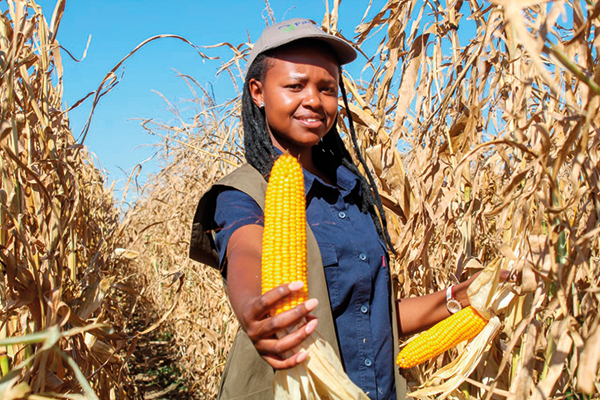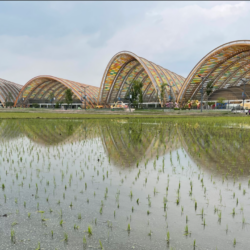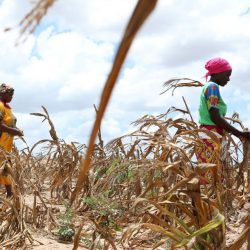Johannesburg: While women form the backbone of Africa’s agricultural workforce, their full potential remains stubbornly locked behind a wall of systemic barriers. Experts warn that unlocking this potential is not just a matter of gender equality, but a crucial step towards ensuring the continent’s food security.
The World Bank’s data GDP. Yet, women, who represent a sizeable portion of this workforce, face persistent challenges. Dr. Izane Crous, an Agricultural Scientist at Omnia Holdings, highlights the South African reality, where only 20% of commercial farms are owned by women. “This underscores a global malaise,” she notes, “where women are often confined to small-scale farming, unable to break through to the commercial level.”
The issue goes beyond farm ownership. Dr. Crous points out that a wealth of opportunities exist for women in agriculture, spanning from agricultural economics to cutting-edge precision farming. However, social and cultural norms, often deeply ingrained, act as powerful deterrents.
“Women face a complex web of challenges,” Crous explains. “Limited access to land ownership, gendered inheritance practices, restricted educational opportunities, and the persistent problem of unequal pay all contribute to this obstacle course.”
Furthermore, the burden of household responsibilities disproportionately falls on women, often relegating agricultural work to a secondary concern. “Domestic and childcare obligations,” she says, “create a substantially greater workload that goes uncompensated.”
The consequences of this disparity are far-reaching. As the global population hurtles towards 10 billion, building a sustainable food system is paramount. And, in Africa, women are the lynchpin. According to OXFAM, growth in small-scale agriculture, where women play a pivotal role, is significantly more effective at combating hunger and poverty than any other sector.
Beyond their sheer numbers, women bring unique and invaluable skills to the agricultural table. “Anecdotally,” Dr Crous observes, “women tend to possess a meticulous attention to detail, a highly prized trait in agricultural advisory and research.” Their adept communication skills and notable resilience further enrich the industry.
By breaking down the barriers that impede women’s progress, Africa stands to reap substantial rewards. “Empowering women in agriculture,” Dr. Crous concludes, “will not only elevate Africa’s contribution to the global food supply but also foster broader social and economic benefits, including increased gender equality, improved education, and enhanced health outcomes.”
In essence, investing in women in agriculture is not just a matter of fairness, but a strategic imperative for the continent’s future.




